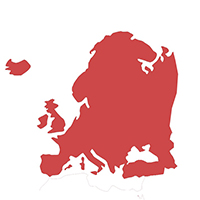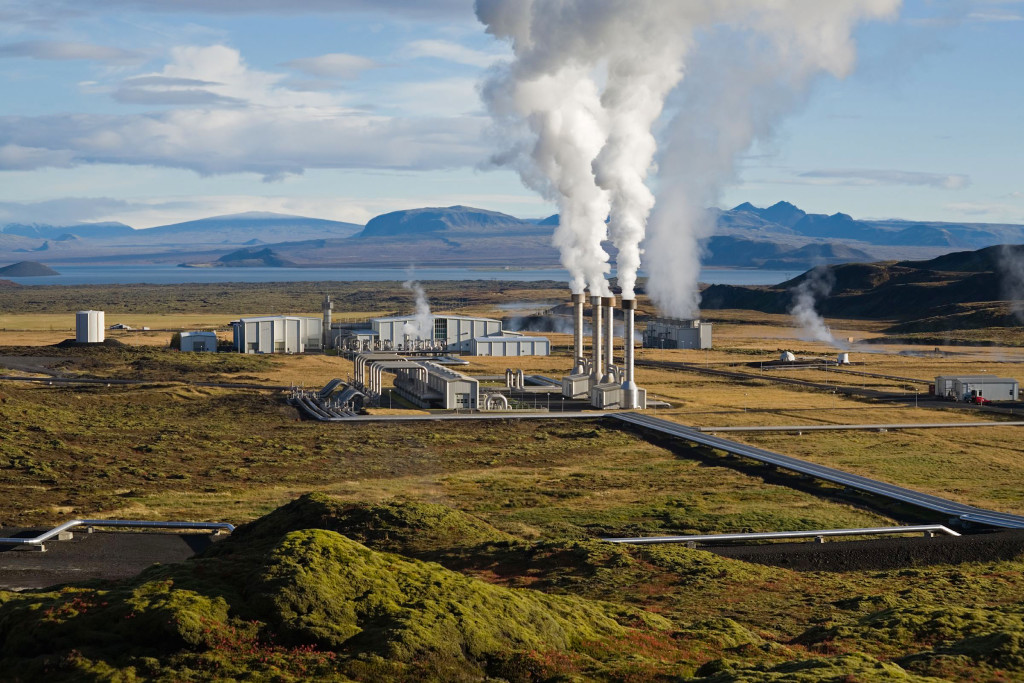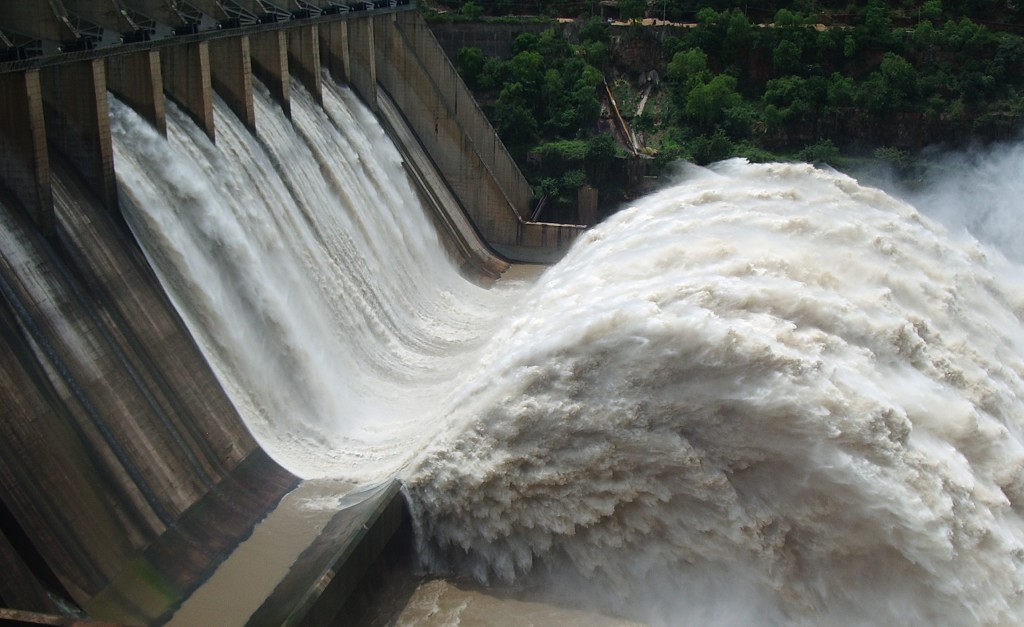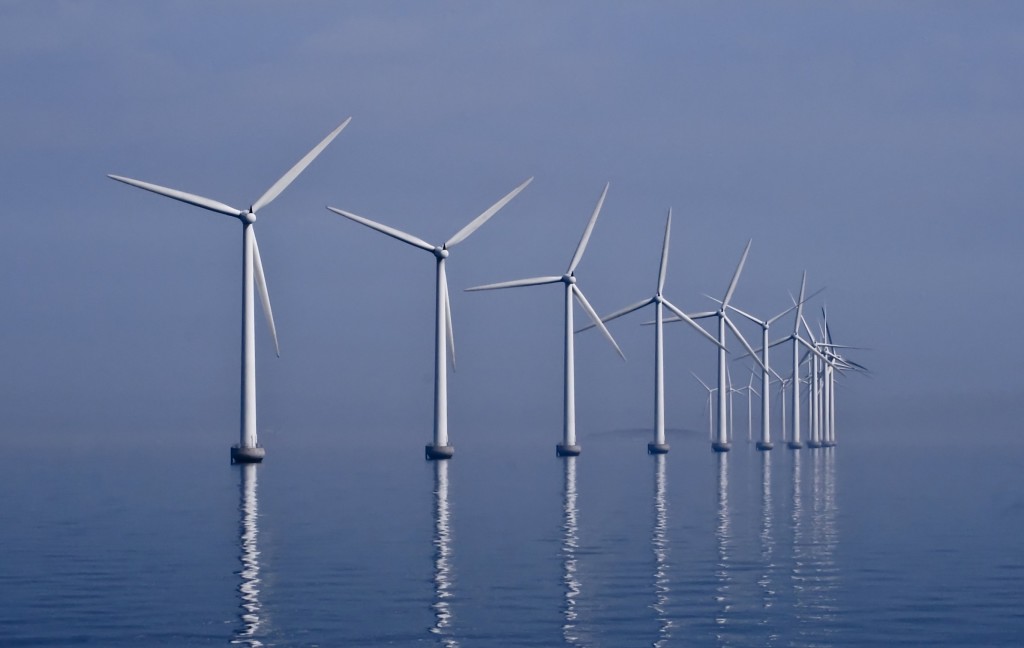Shell Pushes Climate Myths In Weird Ad
Hamish M | December 2, 2015.
Oil behemoth Shell caused a stir today at the UN climate talks by releasing an ad singing the merits of natural gas. The ad suggests renewable energy is inherently unreliable and therefore needs fossil fuels to complement it, an argument so far slammed by civil society groups. Despite being such a short ad, it is riddled with misleading myths about renewable energy. We take a look at three of the biggest.
Myth #1 – Solar and wind are the only kinds of renewable energy
Shell’s ad seems to suggest that because it is sometimes cloudy, and solar panels need the sun, all renewable energy is unreliable. Someone should really alert Iceland, a country almost entirely powered by geothermal and hydropower – two sources of renewable energy that are both abundant and cheap, and which produce energy constantly in an entirely controllable process.
Geothermal energy in particular has massive potential to fuel the world. One firm believes just two per cent of Australia’s geothermal resources could generate more electricity than its coal and gas sectors combined. Similar stories are playing out in the Philippines and the UK, where geothermal energy could meet twenty per cent of nation’s energy needs.
Myth #2 – There is no way to store power
Even when relying entirely on sources like wind and solar, there are ways of dealing with an unpredictable energy supply. The obvious solution is to store it. Tesla recently unveiled the Powerwall, which promises to revolutionise global energy by bringing household solar storage capacity to the masses. Norway is gunning to become Europe’s ‘green battery’ by using excess electricity generated during peak periods to pump water upstream into its dams, and running the hydro generators in times of low supply. A technology with much wider deployment is thermal energy storage, where energy generated in peak times is used to heat hot water for use later. In countries like the UK, where almost half of energy use is for heating, the potential for this application is massive.
The other solution to unpredictability is scale. You can smooth out the fluctuations in local weather by connecting different regions to a single grid, and transferring power between them when needed. Put simply, even if it’s cloudy or still in one place, it could be sunny and windy somewhere else. In the energy world it’s known as interconnectivity. Check this out for the full proof. They are already doing this in Chile, Germany and California.
Myth #3 – Natural gas will help solve the climate crisis
The Shell ad concludes by celebrating the claim there’s enough natural gas to last for the next 200 years. Which is fantastic news – if we all agree that stopping global warming is no longer an issue. The G7 countries have already committed to decarbonising the global economy, and world leaders opened the Paris climate talks this week stressing the importance of breaking our reliance on fossil fuels for growth. Why? Well, science.
The stated view of the world’s top climate scientists is that avoiding more than 2°C of warming will require the burning of less than 1 trillion tonnes of carbon. We’ve already burned through more than half, and at this rate we’ll have hit our budget by 2045. So we have around thirty years to break our addiction to fossil fuels, not 200. In fact, research shows there is three times as much known fossil fuel reserve than we can actually burn. We have to keep it in the ground. Abundance was never the issue.
One more thing…
If the world does end up meeting the climate goals all nations have agreed to, there will be around $3 trillion worth of fossil fuels in the ground. That’s big money, and fossil fuel companies won’t cop it without a fight. This ad campaign appears to be part of that fight.
Certainly, there are big challenges ahead in the transition to renewables, but solutions exist. Just this Monday, world leaders announced the biggest investment in renewable energy tech in history, to accelerate the invention and deployment of those solutions. What is very clear is that fossil fuel expansion is not one of them.
















comment